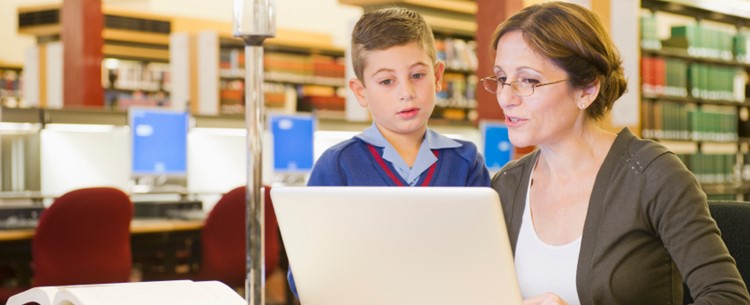Effective record keeping for teachers is essential for tracking student progress, planning lessons, and ensuring curriculum alignment. However, many educators struggle with managing documentation efficiently, especially when integrating digital tools into their teaching.
So, what is record keeping in education? It’s the process of systematically documenting student information, learning outcomes, and instructional strategies to support decision-making and enhance educational effectiveness. But with the rise of digital learning, record keeping has evolved beyond traditional paper files to include digital portfolios, cloud-based assessment tools, and multimedia documentation.
Inside the ICT in Education Teacher Academy, members gain access to structured guidance and resources that simplify and enhance teacher record keeping. From examples of classroom records to practical record keeping systems for teachers, the Academy provides:
- Workshops on integrating digital tools for documentation
- Downloadable templates for planning, assessment, and anecdotal records
- Step-by-step guidance on using ICT for record keeping
- A professional learning community for support and shared best practices
By leveraging technology in record keeping, teachers can create interactive learning journals, digital progress logs, and multimedia student records, making documentation more efficient, engaging, and aligned with modern educational practices.
Are you ready to streamline your record keeping and enhance your teaching with digital tools? Join the ICT in Education Teacher Academy today and transform the way you document student learning!
Learn More






















































































































